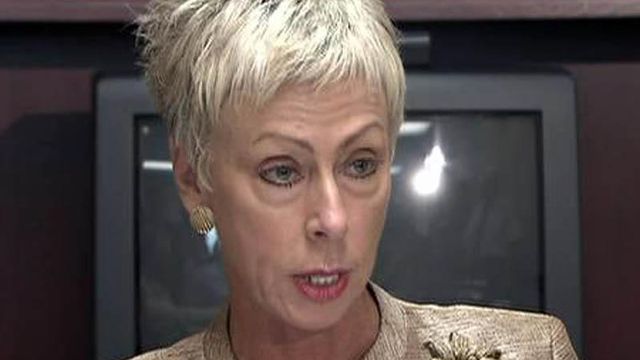Audit: State prisons overpay for inmate medical care
The state Department of Correction needs better policies and procedures to control skyrocketing inmate medical costs, according to an audit released Thursday.
Posted — UpdatedMedical costs for inmates in state prisons amounted to $231 million last year, with more than $90 million going to outside providers.
A review of the DOC's fiscal controls by the State Auditor's Office found that the department allows hospitals and other medical providers to dictate the terms of contracts for inmate medical care, leading to a range of pricing. Also, not enough guidance is provided to claims examiners handling payments to providers that don't contract with the state for inmate medical care, according to the audit.
Payments were made for procedures that wouldn't be considered allowable charges under the State Health Plan or Medicaid, auditors found. In some instances, hospitals charged the state rates called for under the contracts when the actual cost of care was far lower.
On average, providers billed the DOC at rates 467 percent of reimbursement rates under Medicare or Medicaid, according to the audit. For example, the department paid WakeMed $482,000 for a trauma case that Medicare would have paid $120,000 to treat.
"It just appears to be waste," State Auditor Beth Wood said Thursday.
The findings upset taxpayers like 69-year-old Tom Slaughter.
"My gut reaction? It made me angry," said Slaughter, who has emphysema and struggles to find doctors to accept his insurance. "These convicted prisoners are getting better health treatment than I'm getting as a senior citizen."
North Carolina Hospitals Association spokesman Don Dalton points out prisoners are not typical patients.
"We're talking about a segment of the population that's more dangerous (and), therefore, more costly to manage, and they're often sicker and more costly to treat," Dalton said.
He also disagreed with the audit using Medicare or Medicaid reimbursements as a benchmark.
"Hospitals are underpaid well below cost in both Medicare and Medicaid," he said.
Auditors recommended that the DOC should look to limit covered services and rates to those allowed under Medicare or Medicaid
DOC officials responded to the audit by noting that they crafted a bill in the General Assembly last year that would have required providers to charge rates equal to those charged under the State Health Plan. Lawmakers watered the bill down, however, and the provisions that were eventually signed into law don't adequately contain inmate medical costs, officials said.
"There are smarter ways to do this. Other states are negotiating with their providers in a much fairer way," said Adam Searing, director of the Health Access Coalition, which is part of the NC Justice Center, a left-leaning think tank.
Wood said that she hopes her staff's findings will compel lawmakers to look at the issue again in the upcoming legislative session.
"As a taxpayer and not just the state auditor, it's my expectation that the people who are responsible, the people who can make this go away, the people who can get these costs in line will step up to the plate this session and make that happen," Wood said.
"I think it would be irresponsible for us to allow this to continue because we're looking at tens of millions, if not hundreds of millions, of dollars," she said.
While waiting for legislative help, DOC officials said they plan to hire a medical expert to help negotiate hospital contracts and better monitor expenses. They also said a hospital under construction at Central Prison in Raleigh could cut costs by 30 percent.
• Credits
Copyright 2024 by Capitol Broadcasting Company. All rights reserved. This material may not be published, broadcast, rewritten or redistributed.





